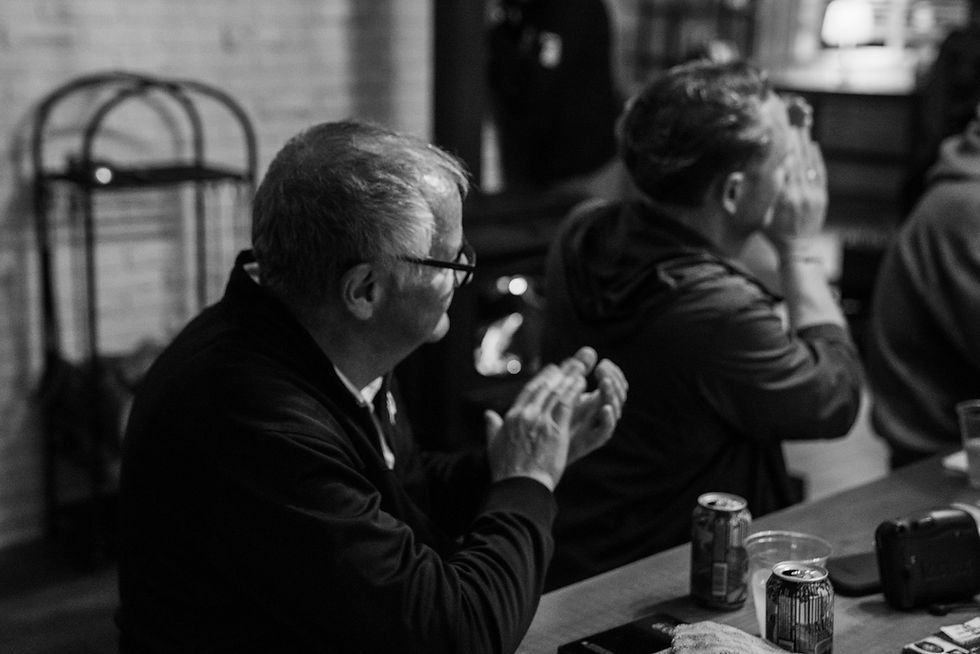The Return of Brick & Mortar
- Brandon Still
- Nov 6, 2023
- 3 min read

In today's fast-paced, digital world, small towns across the United States face the challenge of maintaining the vitality and charm of their main streets. However, one key factor remains steadfast in their success - the presence of people-based brick and mortar businesses. These local establishments play a crucial role in creating a sense of community, boosting economic growth, and preserving the unique character of small towns.
In this article, we will explore the significance of these businesses and their positive impact on main street development.

The Heart of Main Street
Small towns and their main streets serve as the heart of communities, acting as gathering places, hubs for social interaction, and cultural centers. People-based brick and mortar businesses play an essential role in fostering a sense of belonging and connection among residents. When local business owners and employees greet their customers by name and provide a familiar and welcoming atmosphere, it creates a sense of community that is difficult to replicate in larger, impersonal chain stores.
Today we'll focus on 3 specific areas that well planned brick and mortar businesses can benefit their community.
Economic Growth and Job Creation
A successful brick and mortar business can significantly impact a small town's economy by contributing to job creation. The Small Business Administration reports that small businesses create two out of every three net new jobs in the United States. This means that for every new business that opens on Main Street, there's a ripple effect of employment opportunities.
Moreover, local businesses are more likely to source their products and services locally, which, in turn, supports other businesses in the area. For instance, a thriving bakery may purchase ingredients from a local farmer, while the nearby hardware store might rely on the local bakery for catering services. This interconnected web of transactions bolsters the local economy.

Increased Property Values and Tourism
People-based brick and mortar businesses contribute to enhancing the overall appeal of a small town's main street. A well-maintained, vibrant main street can attract tourists and visitors, who in turn, spend money at local businesses. As more tourists visit, the demand for accommodation, restaurants, and entertainment venues also increases, leading to additional growth in these sectors.
Furthermore, a thriving main street with unique shops and a lively atmosphere can contribute to higher property values in the surrounding area. The presence of successful brick and mortar businesses can lead to increased demand for residential properties, benefiting homeowners and creating a desirable environment for potential investors.

Cultural Preservation
Small towns often boast a rich history and a unique cultural identity. Main streets are the living embodiments of this heritage. People-based brick and mortar businesses have a pivotal role in preserving and celebrating this cultural legacy. They offer handcrafted goods, local art, and a taste of traditional culinary delights, allowing residents and visitors alike to connect with the area's history and culture.
By nurturing and supporting these local businesses, small towns can preserve their authenticity and charm. Additionally, local businesses often participate in community events, festivals, and sponsorships, further reinforcing their commitment to the town's cultural and social fabric.
As small towns continue to evolve, it's important to remember that their main streets are not just places of commerce but also places of community and culture. By nurturing people-based brick and mortar businesses and providing the necessary help, we can ensure that these businesses continue to play a pivotal role in the life of our small towns as amazing places to live, work, and play.
_20250514_145653_0000.png)



Comments